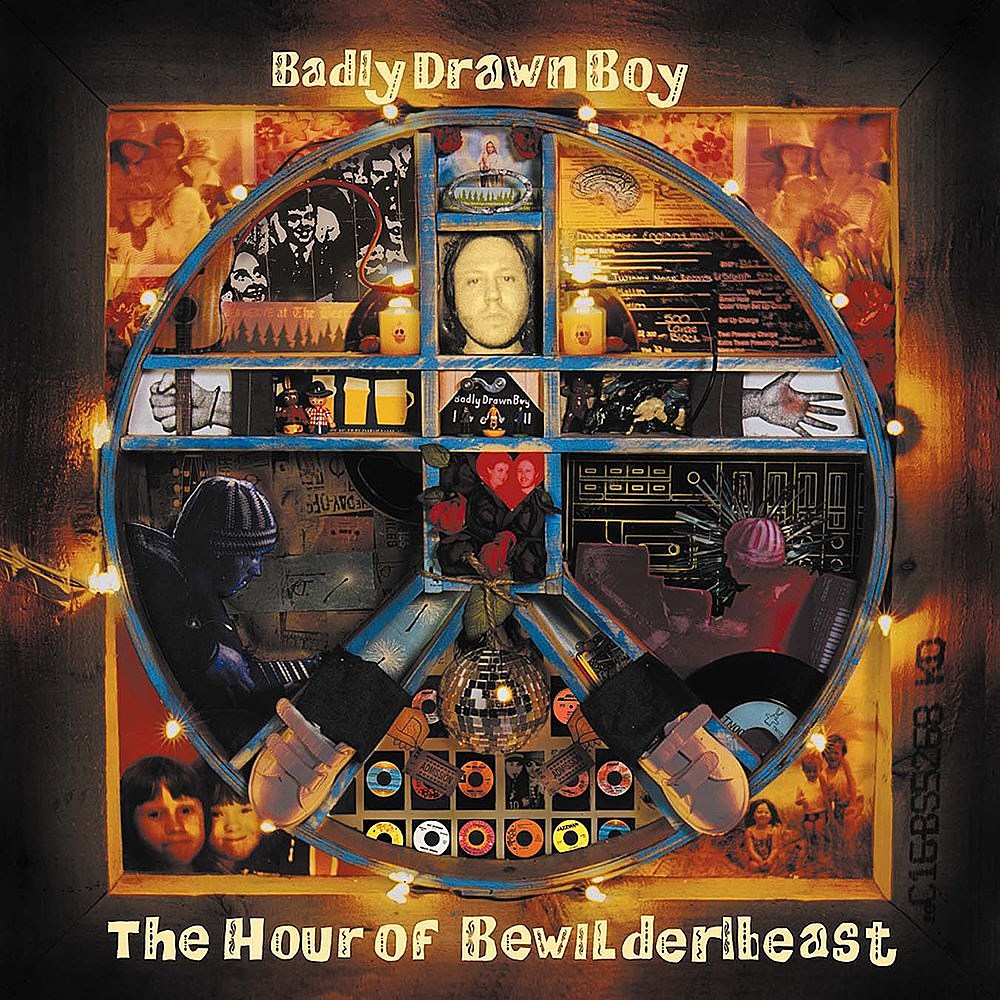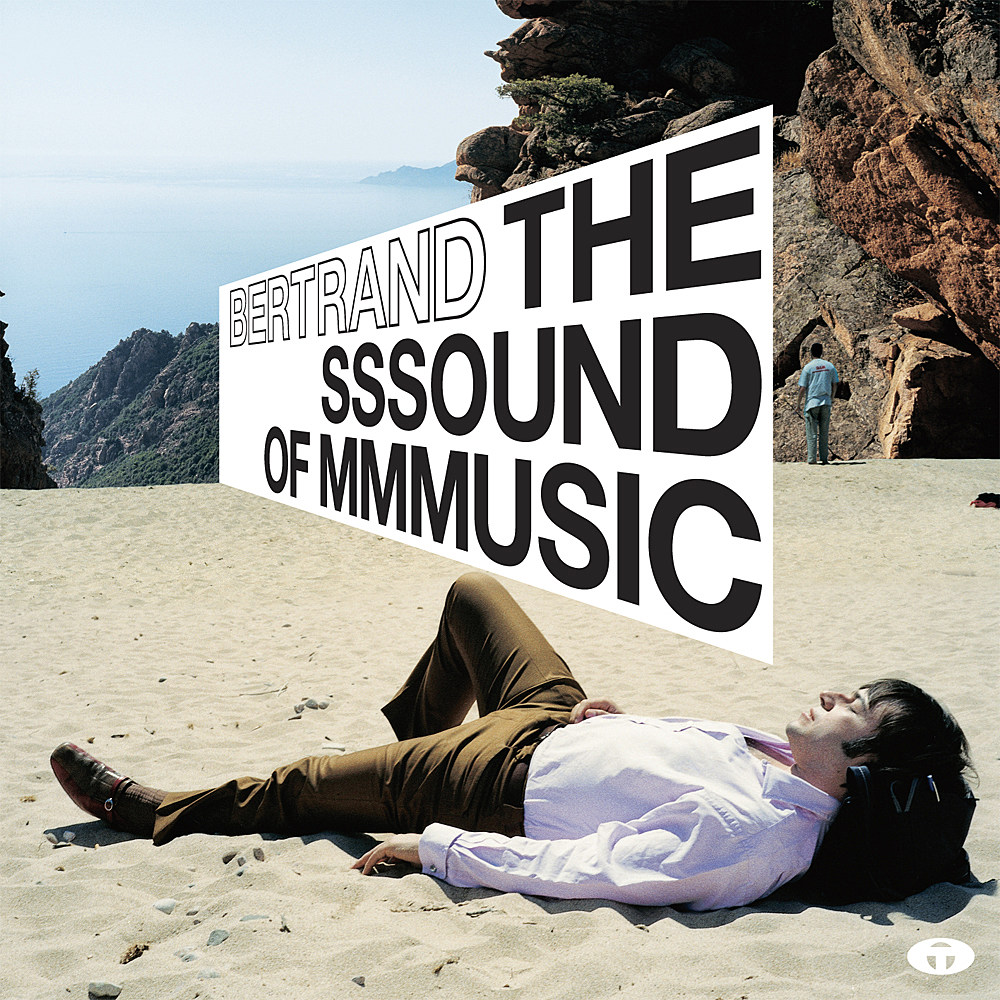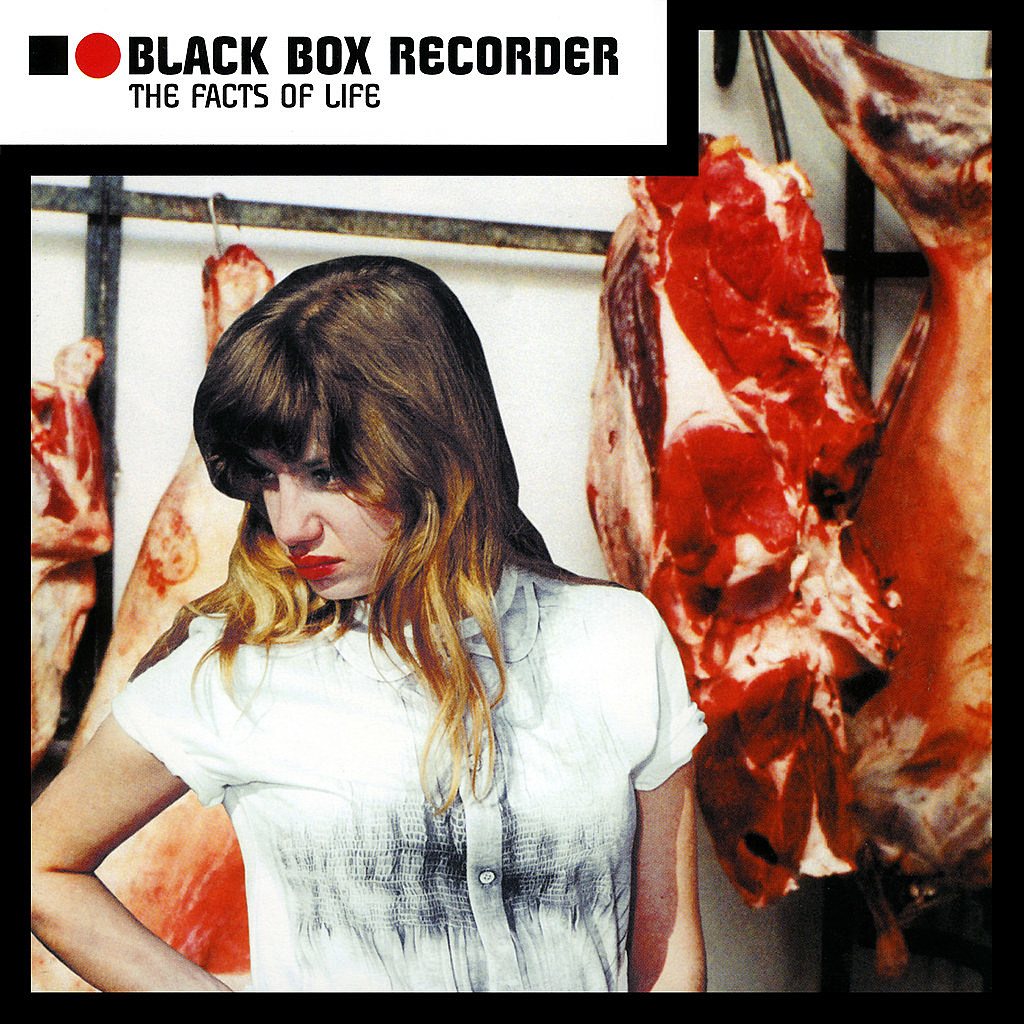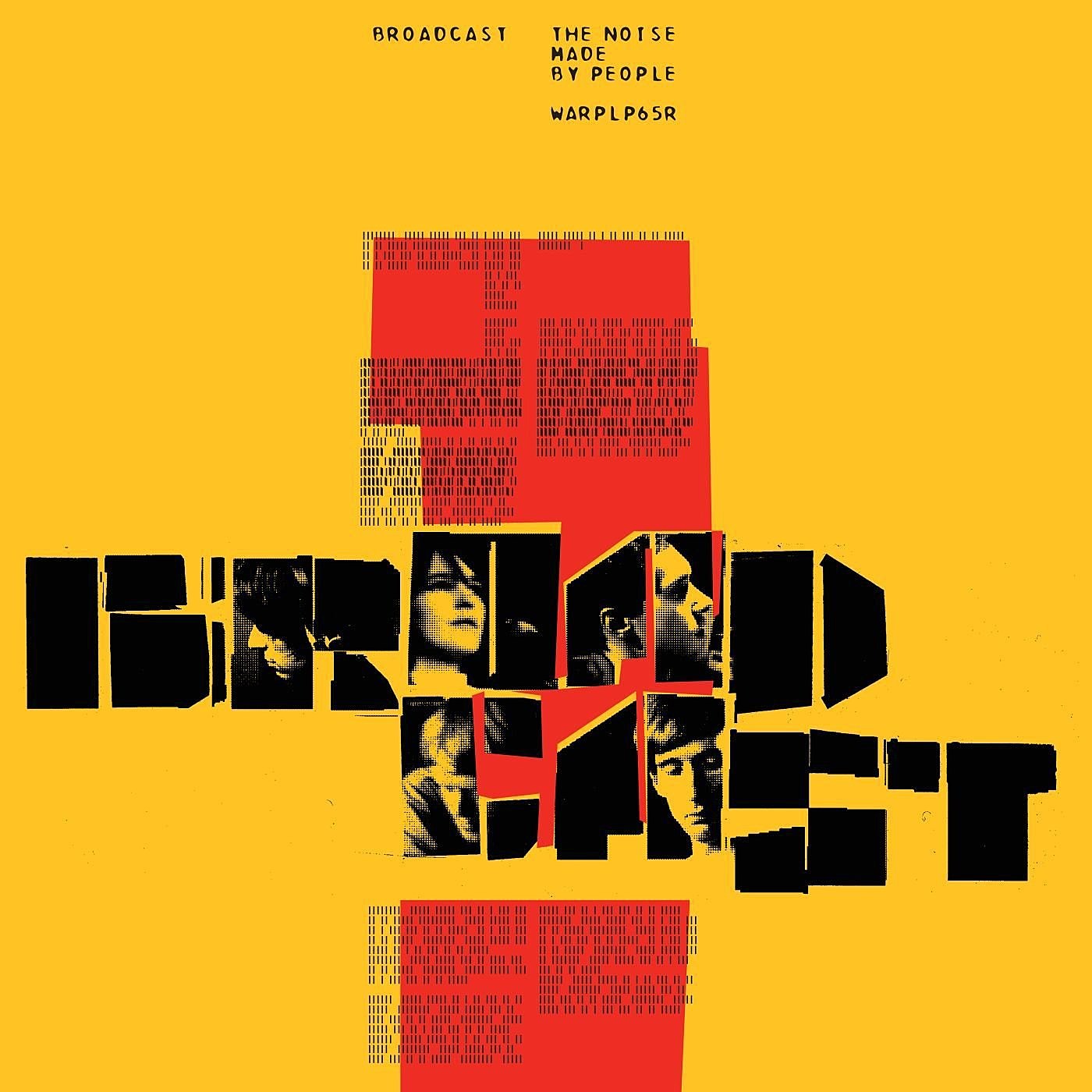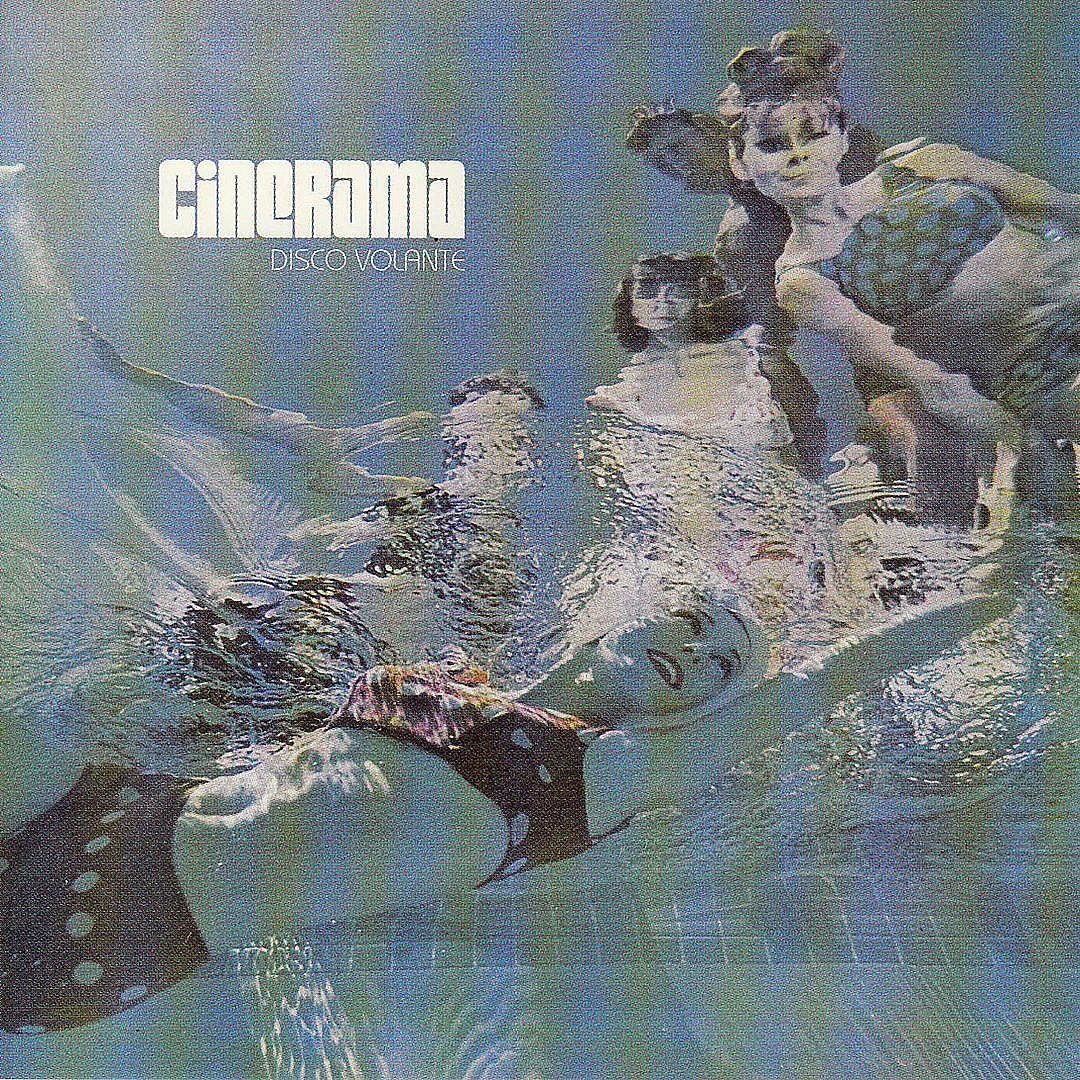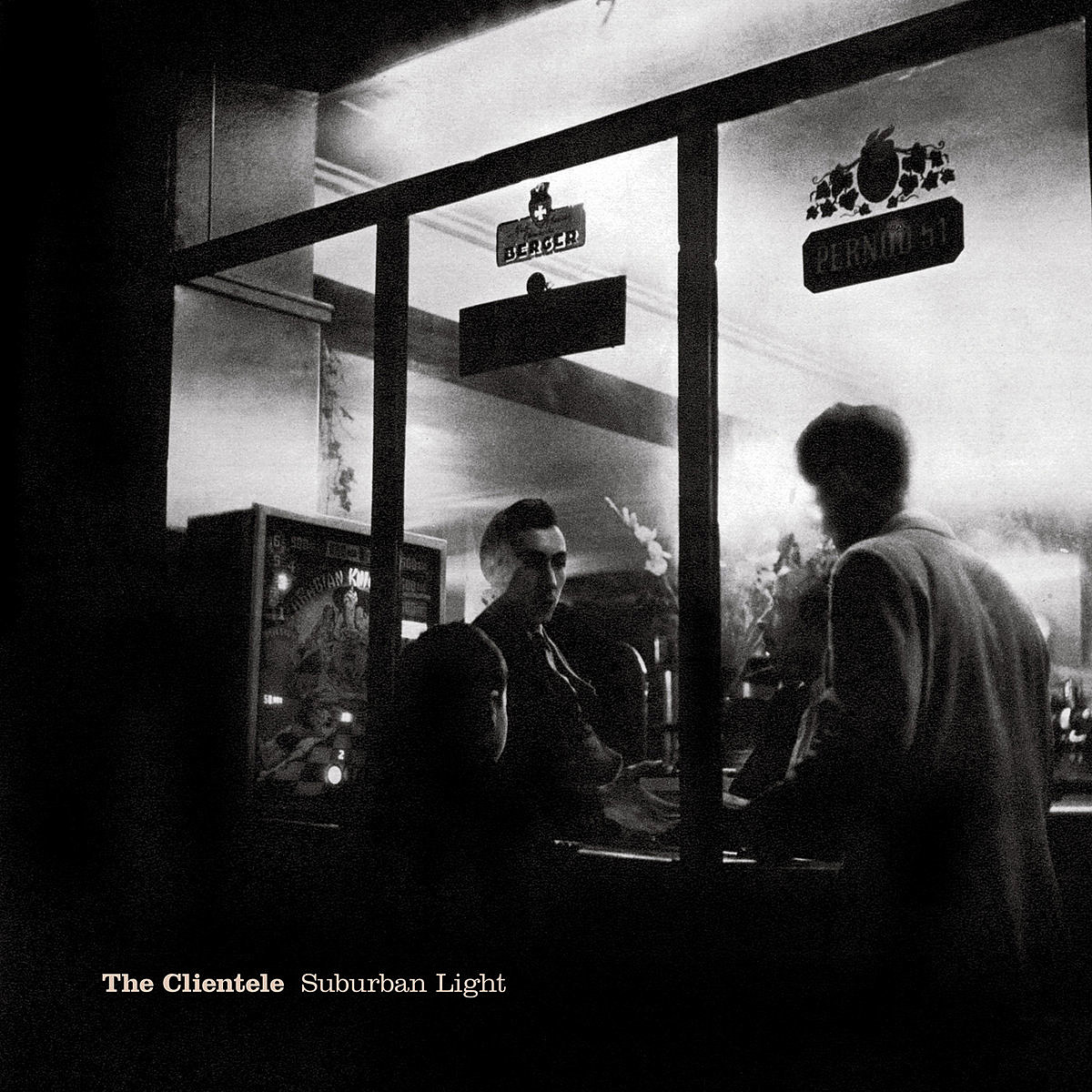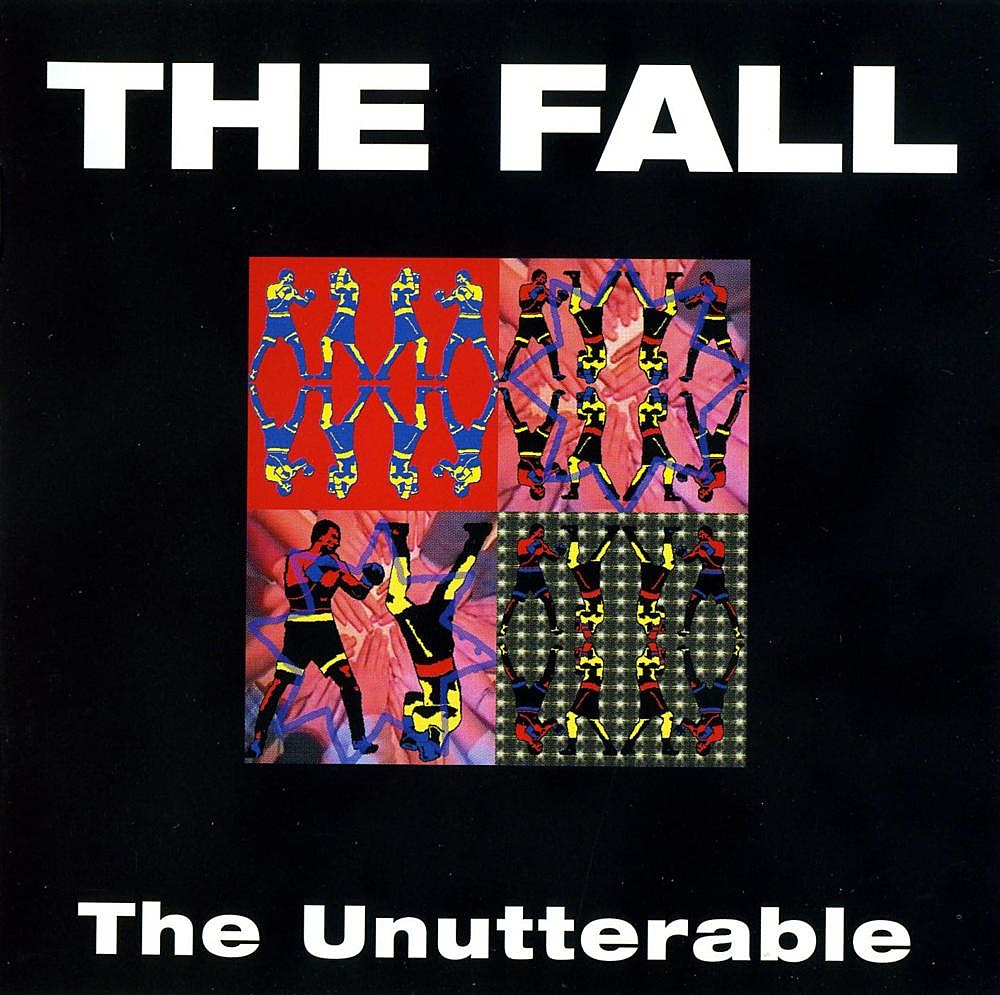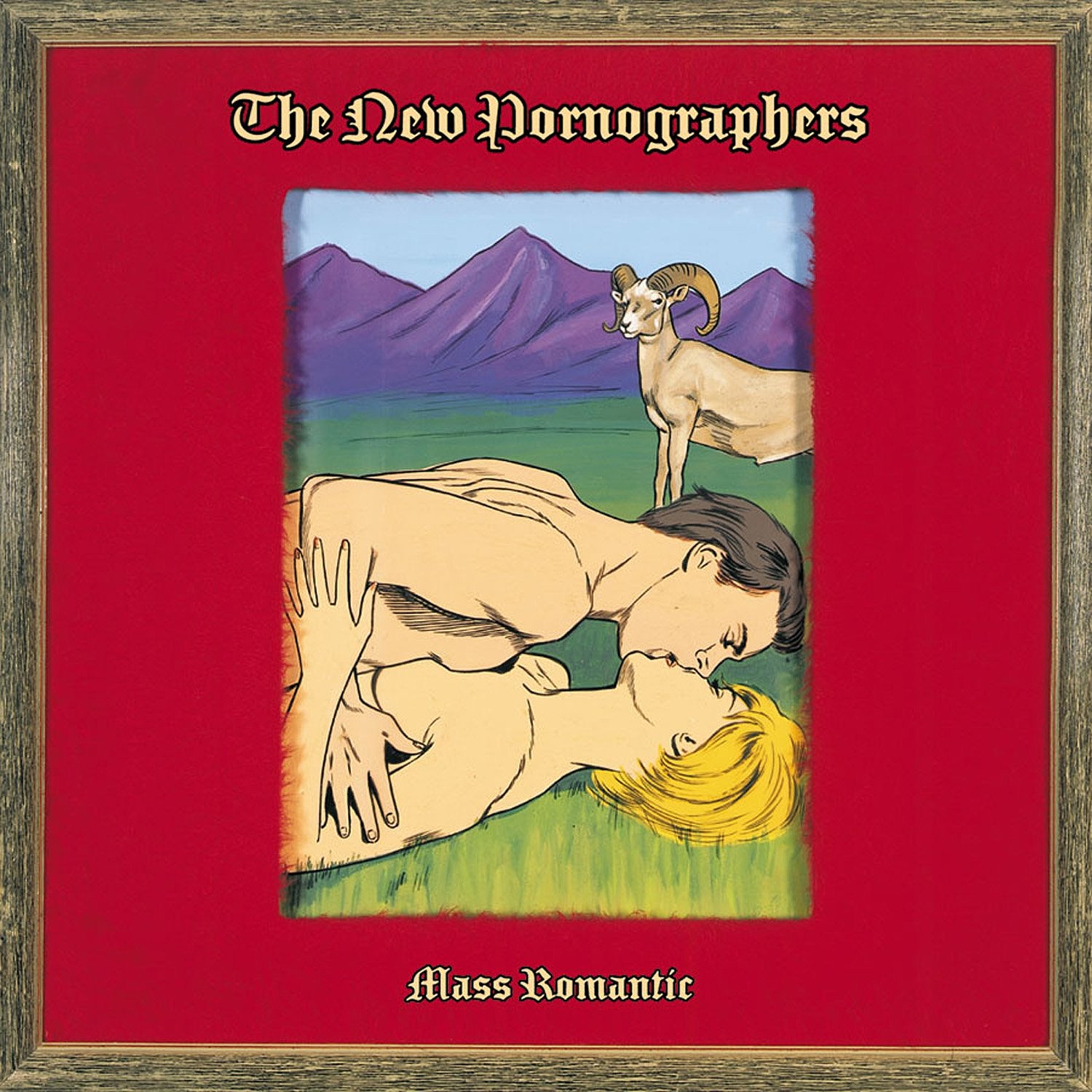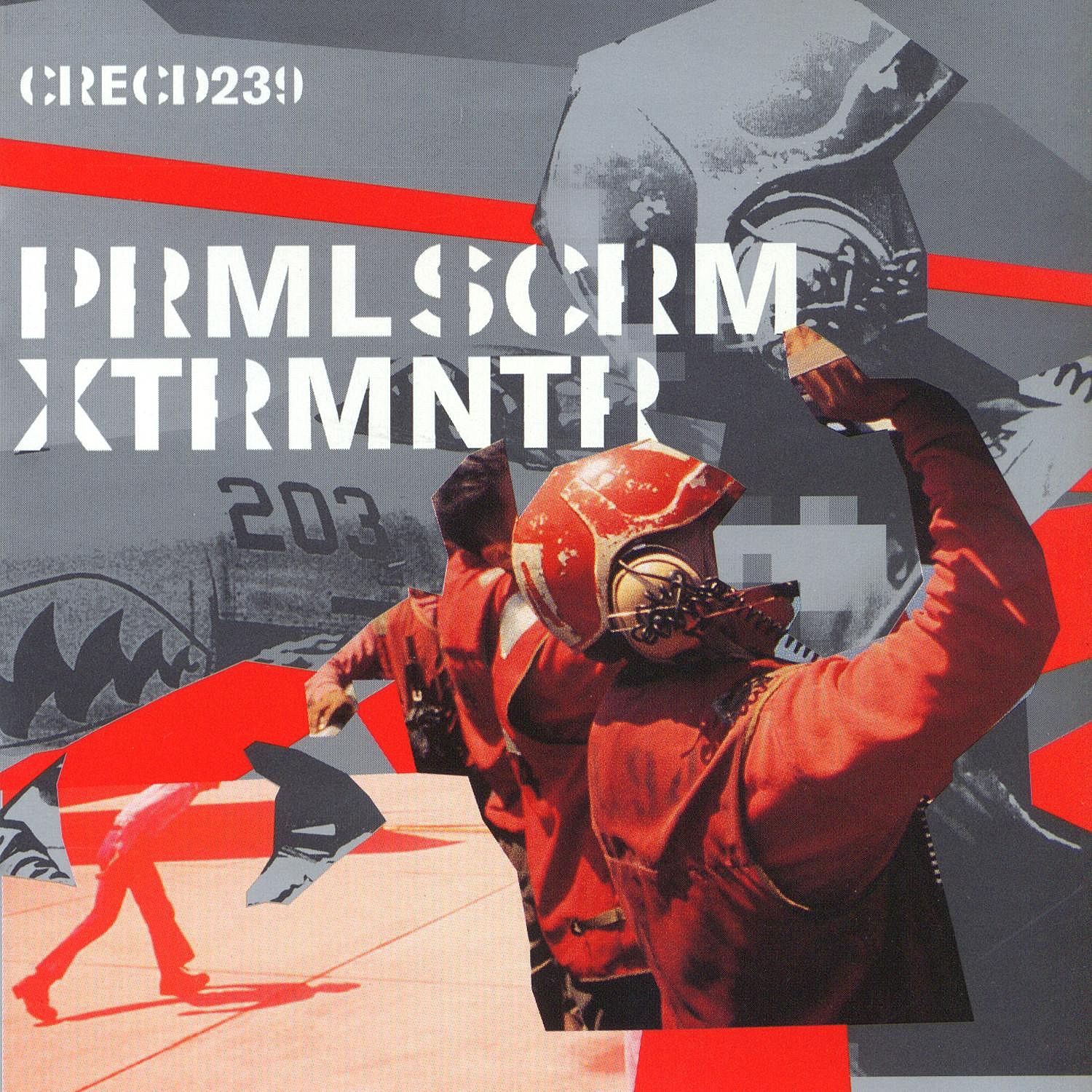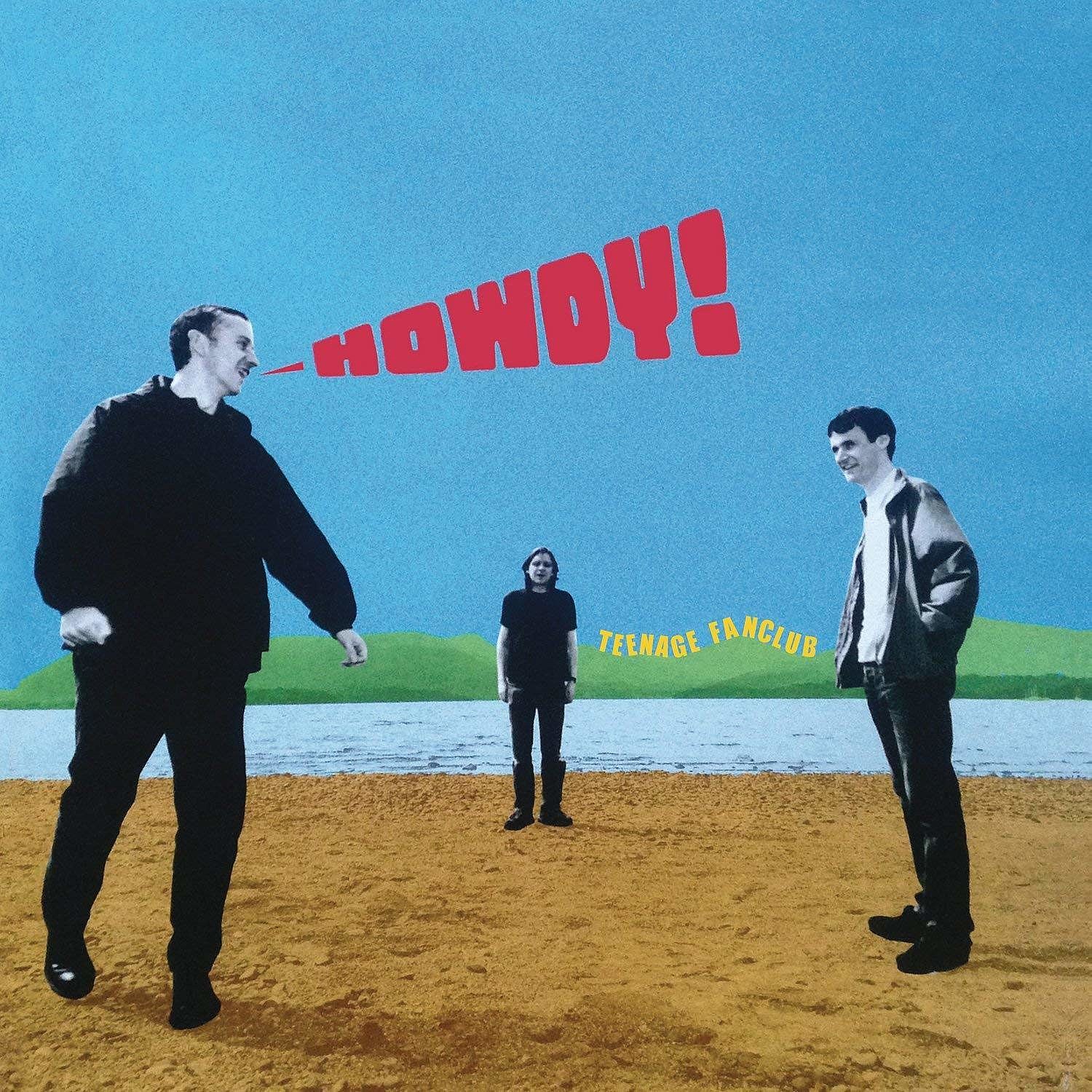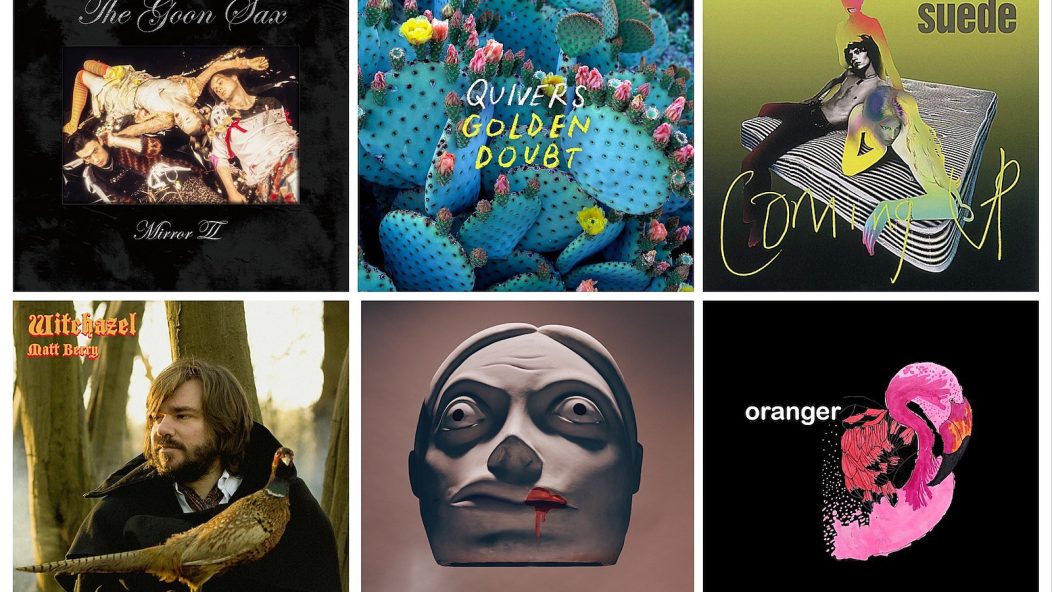
Indie Basement (7/9): the week in classic indie, college rock, and more
Welcome to another busy week in Indie Basement. This time we’ve got: Australia’s The Goon Sax reinvent themselves just a little on their terrific third album; Suede celebrate the 25th anniversary of Coming Up with a new vinyl repress; Matt Berry‘s first two albums get vinyl represses too; Oranger cover Neil Young, Moby Grape and more on their first release in 16 years; Museum of Love (LCD’s Pat Mahoney & Dennis McNany) are back after seven years with their sophomore album; and Quivers deliver wonderful heartfelt guitar pop on Golden Doubt.
If you need more new album reviews, Andrew takes on Half Waif, Travis Scott and more in Notable Releases. Lots of other stuff happened this week too: The Boo Radleys released their first single in 23 years (but without Martin Carr); Tricky seems to have a new Nearly God-style project; Cold Beat have a new album on the way; GOAT have a new rarities comp; and Amen Dunes collaborated with Sleaford Mods (didn’t see that one coming).
Head below for this week’s reviews.

ALBUM OF THE WEEK: The Goon Sax – Mirror II (Matador)
Third album from this Australian trio finds them stretching their wings and sharpening their songwriting skills
Australian trio The Goon Sax‘s first two album — 2016’s Up to Anything and 2018’s We’re Not Talking — were made when Riley Jones, Louis Forster, and James Harrison were still teenagers and are wonderful documents of the foibles of youth as strummy indie guitar pop. The band’s third album, though, finds them maturing and stretching their wings, both musically and more literally. The members spent the most time apart from each other since meeting each other; Louis moved to Berlin and worked at a cinema, while Riley and James stayed in Brisbane and formed post-punk-inspired group, Soot.
Two years passed and, with a new set of songs (and influences), the band reconvened to make a new record. They lived in a house together during the writing process and then headed to England to record with PJ Harvey/Aldous Harding producer John Parish at Geoff Barrow’s Invada Studio in Bristol. “The first two albums are inherently linked,” says Forster. “They had three-word titles; they went together. This one definitely felt like going back to square one and starting again, and that was really freeing.”
Mirror II is definitely new ground for The Goon Sax. While post-punk and trad indie is in their blood (Louis’ dad is Robert Forster of The Go-Betweens), they explore darker sounds this time out, making extensive use of synthesizers and drum machines. The songs are more complex and the delineation between whose songs are whose has been significantly smeared, and drummer Riley Jones is an equal songwriting partner this time. They have not forgotten how to write a memorable melody, nor have they lost their ability to look at familiar lyrical subject (namely the ups and downs of love) though fresh eyes, they’re just approaching it in different ways.
“Do you think it’s better not feelin’ any of this at all?” Riley sings over a Cure-like chorded bass riff and woozy keyboards on opener “In the Stone,” continuing, “I explain the situation in a hundred ways / testing what sounds true / and meaning none of it at all.” The song trades verses with Forster, making for a nuanced he-said-she-said where everyone is upset and no one’s talking. Relationship woes continue across the big washes of synths in “Psychic,” the clattering “TAG,” and Riley’s ethereal, lovelorn “Desire.”
While using a new array of sounds and instruments, the arrangements are still spare and not fussed over, even while the themes are more thorny. “Till Dawn” starts like a warm memory of an intimate night set to flickering candlelight but ends in darkness. Harrison’s songs, which have the closest ties musically to The Goon Sax’s first two albums, have an oddball romantic charm but there is something askew, perhaps sinister going on underneath the jaunty melodies of “Carpetry” and “Temples.” The Goon Sax have always offered a lot to chew on, but Mirror II offers acid, bitter and sweet for their most savory, complex course yet.
—

Suede – Coming Up 25th anniversary reissue (Demon)
Suede went Britpop to great effect on their hit third album which gets its first-ever US vinyl release for its 25th anniversary
Splits in classic lineups rarely result in a band becoming more popular but that’s what happened with Suede. Singer Brett Anderson and guitarist Bernard Butler were regularly referred to by the UK press as the best British songwriting duo since Morrissey & Marr, so when Butler announced he was leaving the group in 1994, most people figured that would be it for the band. But Suede carried on and replaced Butler with two new members: guitarist Richard Oakes, a young fan who sent the band a demo tape of him playing their songs when he learned Butler had left; and keyboardist Neil Codling. Both proved to be worthy songwriting partners for Butler and, perhaps inspired by the Britpop madness that had sprung up since their last album, Suede went for a more shiny, commercial and modern version of their glammy sound on 1996’s Coming Up. and it proved to be an irresistible combination.
While some of the more nuanced musical touches were lost with Butler’s departure, Coming Up fully embraced the spotlight with big hooks, singalong choruses, romantic “us-against-the-world” lyrics and endless swagger. It was a complete about-face from 1994’s dark, ambitious Dog Man Star, and Suede swung for the fences and connected — the album went to #1 in the UK and spawned five Top 10 singles with “Trash,” “Beautiful Ones,” “Lazy,” “Filmstar,” and “Saturday Night.” The other five songs on Coming Up could’ve been singles, especially the riff-rocking “Starcrazy” and the sweeping, languid “The Chemistry Between Us” (One of this writer’s all-time favorite Suede songs.) Coming Up was also the first album to feature artwork by Peter Saville (New Order, Joy Division), a partnership that would continue on 1999’s Head Music.
Coming Up got a 5-CD 20th anniversary box back in 2016 and for its 25th anniversary they’re reissuing it as a single-disc clear vinyl album, and as a double CD special edition with all 17 b-sides from the singles. (Suede were always great at b-sides and there are many, many great ones here.) This is also the first time the album has been released on vinyl in the US and while American fans may be annoyed that it says “The London Suede” on the cover, the price (and lack of insane international shipping) makes up for it.
The vinyl is out September 10th and you can pre-order it now in our shop.
—

Quivers – Golden Doubt (Ba Da Bing)
Australian quartet recall the Golden Age of wistful, romantic guitar pop on their quietly spectacular new album.
Not all bands from Melbourne, Australia are scuzzy dolewave garage punks with home cut mullets and connections to Mikey Young. Four-piece Quivers, who lets face it may have connections to Young, seem miles away from that scene, making sparkling pop powered by expertly crafted songs and the harmonies of Sam Nicholson, Holly Thomas, Bella Quinlan and Michael Panton.” Golden Doubt, their first U.S. release, recalls everything from Aussie bands like The Go-Betweens and and Hunters & Collectors to Prefab Sprout, The Cure (at their poppiest) and R.E.M. The band says it’s about being in love with being in love, as well as being in love with “other albums, and the other bands around us,” which puts in square in the Golden Age of wistful, romantic guitar pop and is quietly spectacular. Quivers manage a tricky lyrical tightrope act of being genuine and heartfelt without falling into saccharine territory. “After all the serotonin’s gone, can you still fall in love with someone?” Sam asks on the album’s opening song “Gutters of Love,” and soon the rest of the Quivers are joining in for a full, soaring chorus of that refrain while jangly guitar leads chime and dance around each other. It’s clear the answer to the question is yes.
—

Museum Of Love – Life Of Mammals (Skint)
The duo of Pat Mahoney and Dennis McNany return after seven years and get weird on their second album (which was mixed by James Murphy)
Museum of Love — aka LCD Soundsystem drummer Pat Mahoney and Dennis McNany — are finally back with a follow-up to their underrated 2014 debut. Despite their connections to dance music, this is a much odder duck than their first album, owing more to the arty side of the ’70s and ’80s (Bill Nelson, Scott Walker, The Associates). “There’s house music in there, too,” says Mahoney, “although maybe not on the surface. I felt like our first album was more in that world, but with this record, we’ve ended up making a weird rock LP.” Life of Mammals, is wiry, fanciful stuff — the glammy “Cluttered World” struts around at a cabaret featuring Nick Cave and Lemper, while “Army of Children” is dubbed out early-’70s peace pop — but rhythm is still at the heart of the album. James Murphy mixed the album and it sounds like a million bucks…spent in unlikely ways. You can definitely shake a leg to “Marching Orders” and “The Conversation” but it’s gonna be one strange party.
—

Matt Berry – Witchazel & Kill the Wolf vinyl represses (Acid Jazz)
No longer just a cult act, Matt Berry’s out-of-print first two albums get their first vinyl represses
When Matt Berry released his first album, Witchazel, back in 2009, he was mainly known as a comic actor, having worked on cult British series like Garth Marenghi’s Darkplace, Snuffbox and The IT Crowd. His music was not a joke, but just as niche — autumnal, baroque prog/psych/folk that seemed to have been found in a 1973 time capsule. Matt is much more well-known these days as both an actor and a musician. What We Do in the Shadows has made him a recognizable face (and voice) in the U.S. and his last few albums, including this year’s great The Blue Elephant, have gotten recognition beyond record nerd circles. Perhaps because of that, Acid Jazz is repressing Matt’s first two albums for the label on vinyl.
Both albums inhabit the same world. Witchazel, which was originally released as a digital album in 2009 and then released by Acid Jazz in 2011, has what is probably Berry’s best-known song, “Take My Hand,” that became the theme song for Berry’s series Toast of London (which is moving to L.A. for new series Toast of Tinseltown). It’s also got “Rain Came Down” which features Paul McCartney singing a verse halfway through the song. That said, 2013’s Kill the Wolf is all-around a superior album with better production, better songs, and more fully realized arrangements. But they’re both really good.
Both of these albums only got extremely limited vinyl pressings on their original release and now go for hundreds of dollars in the secondary market, so these represses are extremely welcome. Witchazel comes on caramel vinyl (brown is not my favorite color of vinyl, but it certainly fits the early-’70s earth tones of the album), while Kill the Wolf comes on bottle green vinyl in a gatefold sleeve. Watch a video from each:
You can also read my interview with Matt about new album The Blue Elephant and lots more.
—

Oranger – Please Leave Our Mind: Covers Under Lockdown
Choice covers of Neil Young, Moby Grape, Todd Rundgren and more are Oranger’s first new recordings in 16 years and some of the last from bassist Matt Harris who died earlier this year.
Matt Harris, who played in San Francisco bands Oranger and Overwhelming Colorfast (as well as The Posies), died back in February. One of the projects he was working on when he left us was Oranger‘s first new music in 16 years. Just for fun during lockdown, they decided to work on a few covers of their favorite songs, recorded remotely, and that’s now been released as the Please Leave Our Mind, which represents some of the last records Matt made.
The songs all fall generally within the Oranger orbit of ’60s psych pop, ’70s singer-songwriter grooviness and power pop, so it doesn’t really take a lot to make them their own. It’s still impressive, though, how much of an Oranger song Neil Young‘s “Barstool Blues” becomes, same with Todd Rundgren‘s “Couldn’t I Just Tell You.” There’s also Herbal Mixture‘s “Please Leave My Mind,” Moby Grape‘s amblin’ “I Am Not Willing” and Spirit‘s granola classic “Nature’s Way.” (Ever heard This Mortal Coil’s version?) While we may wonder what might have been (and still might be), it’s great to hear Matt laying down basslines and harmonies with Oranger one more time. Rest in peace.
Dig through Oranger’s very rewarding back catalogue if you get a chance, especially 2000’s The Quiet Vibrationland.
Looking for more? Browse the Indie Basement archives.
And check out what’s new in our shop.
—
—
Indie Basement: 20 Favorite Albums of the Year 2000 (Alphabetical Order)

